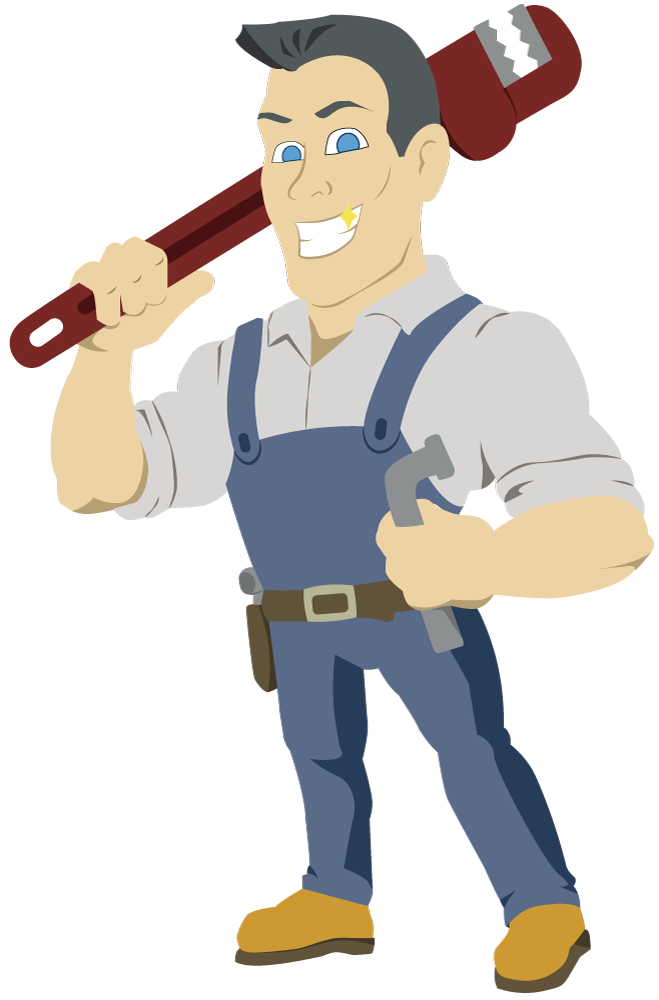Is Your Water Heater Ready for Winter? Don’t Wait Until It’s Too Late!
As the temperature drops, your home’s plumbing system faces unique challenges—none more critical than ensuring your water heater is winter-ready. Whether you're a homeowner, property manager, or business owner, preparing your water heater for the colder months can save you from unexpected breakdowns, costly repairs, and even flooding disasters. In this article, we’ll discuss why winter preparation is essential, provide actionable tips to get your water heater ready, and explain how professional plumbing services can help you stay ahead of potential issues.
Why Winter Is Tough on Water Heaters
Water heaters work harder during winter due to colder incoming water temperatures. The appliance must exert more energy to heat water to the desired temperature, putting additional strain on its components. Without proper maintenance, this can lead to:
Increased energy consumption: An overworked water heater uses more energy, driving up utility bills.
Reduced efficiency: Sediment buildup and wear on components lower the system’s performance.
Higher risk of breakdowns: The added stress can cause parts like the heating element, anode rod, or thermostat to fail.
Shortened lifespan: A neglected water heater may wear out faster, leading to costly replacements sooner than necessary.
Signs Your Water Heater Needs Attention Before Winter
Pay close attention to the following warning signs that your water heater might need servicing:
Inconsistent water temperature: If your water alternates between hot and lukewarm, the thermostat or heating element could be malfunctioning.
Unusual noises: Rumbling, popping, or banging sounds may indicate sediment buildup at the bottom of the tank.
Rusty or discolored water: This could mean the anode rod is failing, which may lead to tank corrosion.
Leaks around the base: Even small leaks can escalate quickly, especially during freezing temperatures.
Longer heating time: If it takes longer to get hot water, the system might be struggling to meet demand.
